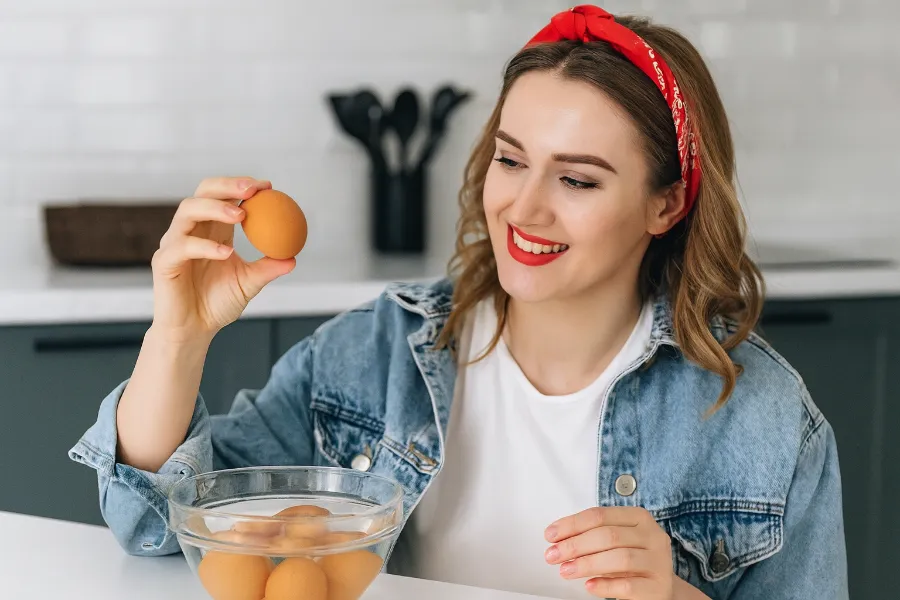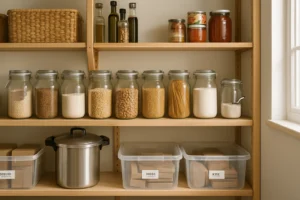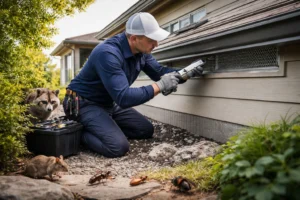If you’ve ever opened the fridge and stared at a carton of eggs wondering, “Are these still good?”, you’re not alone. I’ve been there too, especially after finding an old carton hiding behind leftovers. That’s when I learned the importance of a fresh eggs test. Over the years, I’ve collected every trick—from water tests to storage hacks—and I want to share them with you. Not only will these tips keep your cooking safe, but they’ll also make your bakes fluffier, your poached eggs prettier, and your food waste smaller.
Egg Storage
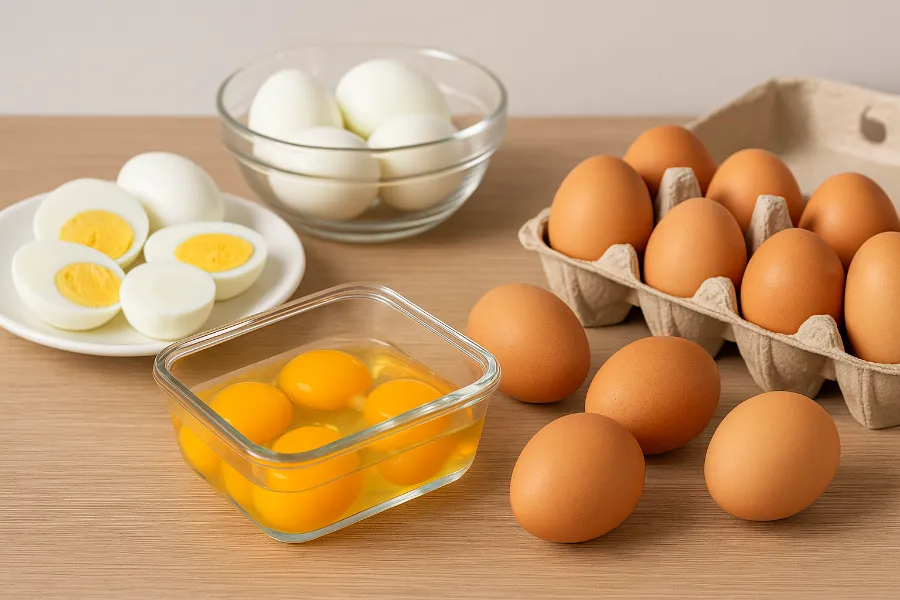
Let’s start with the basics: egg storage makes all the difference in how long your eggs last. My biggest lesson? Always keep eggs in their carton. That thin cardboard isn’t just for transport—it protects eggs from absorbing strong fridge odors and slows down moisture loss.
I also learned the hard way that the fridge door is the worst spot to keep eggs. The constant opening and closing causes temperature swings, which shorten freshness. Instead, tuck them on a middle shelf where the temperature stays steady.
One more little habit that helps: rotate your eggs. I mark the purchase date right on the carton and push the newer ones to the back, so I always use the oldest first.
Egg Fridge Life
Now let’s talk about how long eggs actually last once they’re in the fridge. Here’s what I’ve found works in real life when it comes to egg fridge life:
- Raw eggs (in shell): Around 4–5 weeks beyond the pack date.
- Raw eggs (out of shell): Just 2–4 days in a sealed container.
- Hard-boiled eggs (in shell): Up to a week.
- Hard-boiled, peeled: Only 3–4 days.
So yes, that carton in the fridge may be perfectly fine even if the “sell by” date has passed. But if you’re ever in doubt, the float test (coming up) gives you instant peace of mind.
Egg Shelf Life
Before I had backyard chickens, I thought all eggs were the same. But once I started collecting my own, I realized egg shelf life depends a lot on how they’re handled.
- Farm-fresh eggs (unwashed): Can stay at room temperature for 2–3 weeks because of their protective coating.
- Store-bought eggs (washed): Must go straight into the fridge, no exceptions.
It’s funny how different the rules are. In the U.S., washing eggs before sale is required, which is why refrigeration is standard. But in many other countries, unwashed eggs are sold at room temperature.
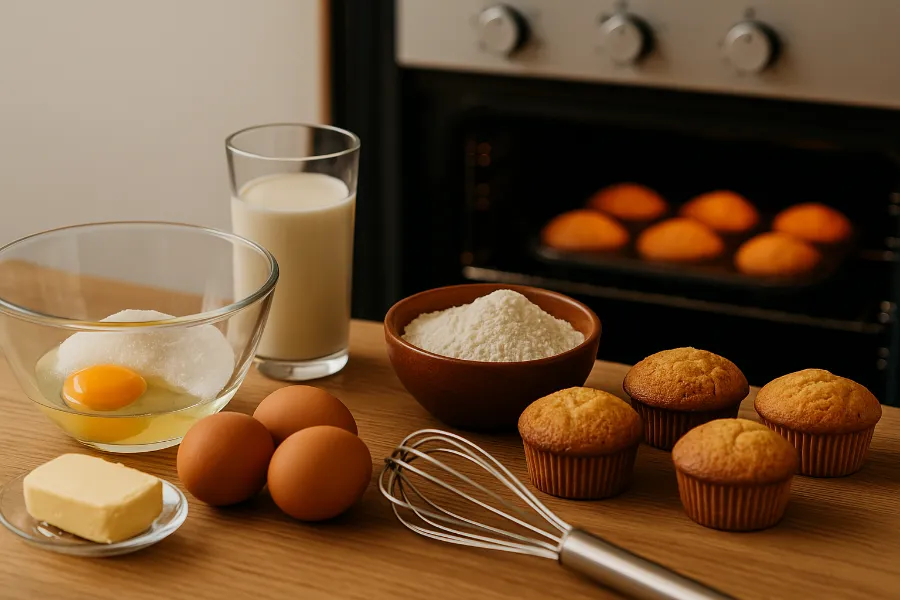
Fresh Egg Storage
So what about fresh egg storage when you’ve got a mix of farm eggs and grocery store cartons? Here are my top tips:
- Keep farm eggs unwashed until you’re ready to use them.
- For long-term storage, refrigeration always wins.
- Store eggs pointy side down—the yolk stays centered longer this way.
- Got extras? Freeze them before they go bad.
These small habits stretch out freshness and save you from tossing food.
Unwashed Eggs
This is one of my favorite topics because not many people know about it. Unwashed eggs come with a natural coating called the bloom or cuticle. It seals up tiny pores in the shell, keeping bacteria out and moisture in.
That’s why when I collect eggs from my hens, I resist the urge to wash them right away. I just brush off dirt gently and store them in a basket until I’m ready to use or refrigerate them. Once you wash them, you remove that natural barrier—so into the fridge they go.
Freezing Eggs
Believe it or not, freezing eggs is a real thing. I discovered this hack during spring when my hens laid more than I could keep up with. Here’s how I do it:
- Crack eggs into a bowl.
- Whisk yolks and whites together (or separate if you prefer).
- Pour into ice cube trays or small freezer containers.
- Label and freeze for up to a year.
Frozen eggs are perfect for baking, scrambled dishes, or casseroles. The only thing they don’t do well is poaching or frying whole, since the texture changes.
Bad Eggs vs Egg Freshness
Now let’s tackle the tricky part: telling the difference between bad eggs vs egg freshness. Just because an egg isn’t super fresh doesn’t mean it’s unsafe.
- Older but fine: Whites are thinner, yolk spreads more, but safe to use in baking or boiling.
- Bad eggs: Float in water, smell rotten, or show discoloration when cracked.
When I’m unsure, I always trust my senses. One whiff of a bad egg and you’ll never forget it.
Egg Expiration
Carton dates can be confusing. Egg expiration stamps usually say “sell by,” “best by,” or “use by.” But here’s the truth: eggs often outlast those printed numbers if they’ve been stored well.
That’s why I rely on the float test and crack test instead of blindly tossing eggs on the expiration date. The label is just a guideline—the real test is what’s inside the shell.
Baking Eggs
Here’s a fun fact: slightly older eggs are actually better for certain recipes. Baking eggs that are a week or two old whip up faster and give you fluffier cakes, cookies, and meringues.
Of course, if I’m making something like a soufflé or angel food cake where structure matters, I want eggs that aren’t at the very end of their life. But if I’m just making brownies or muffins? Those older eggs are perfect.
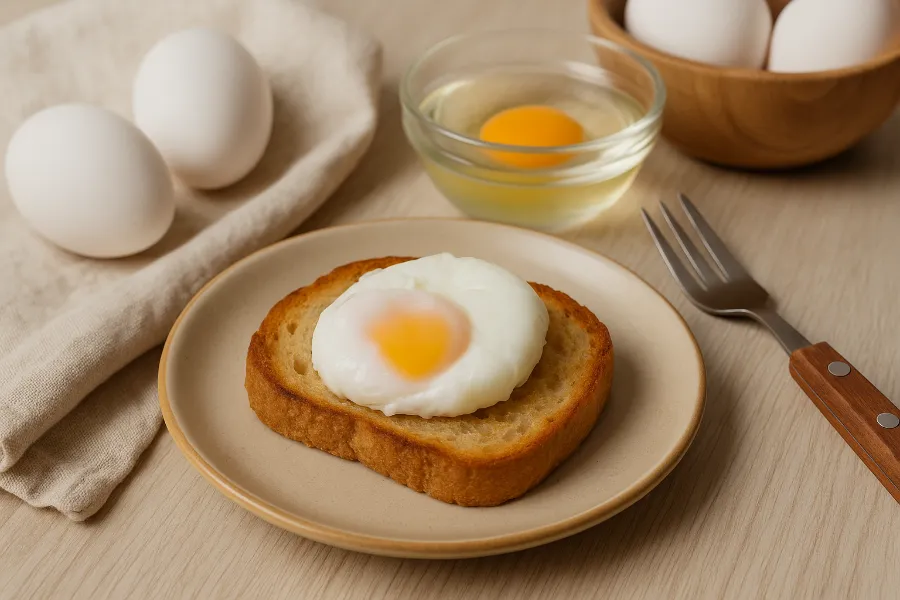
Poached Eggs
And then there are poached eggs, which are the ultimate freshness test in my book. If the egg is super fresh, the whites cling tightly to the yolk and you get that gorgeous round poach. If the egg is older, the whites spread out into the water like wispy clouds.
So whenever I’m planning poached eggs for brunch, I reach for the freshest ones I’ve got—sometimes even eggs collected that same morning.
My Personal Fresh Eggs Test Routine
Here’s how I usually test an egg before I crack it into a recipe:
- Look: Any cracks, slimy spots, or strange colors? Toss it.
- Float test: Fresh sinks, old tilts, bad floats.
- Crack test: Fresh yolks sit tall and whites stay thick.
- Smell: If there’s even a hint of sulfur, it’s not worth the risk.
It takes just a few seconds, and it’s saved me from ruining both meals and moods more times than I can count.
Final Thoughts
Learning to do a simple fresh eggs test has changed the way I cook and shop. Between smart egg storage, understanding egg fridge life and egg shelf life, and knowing the difference between bad eggs vs egg freshness, I feel confident using every egg in my kitchen without waste.
Fresh eggs make the best poached eggs, slightly older ones shine in baking eggs recipes, and knowing when to toss them keeps my family safe. With these tricks, you’ll never stare at a questionable carton again.

